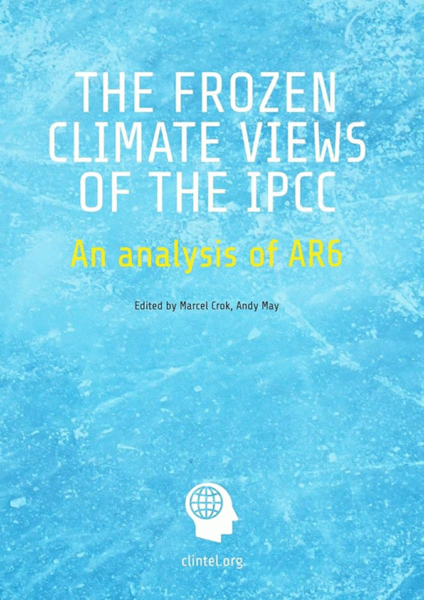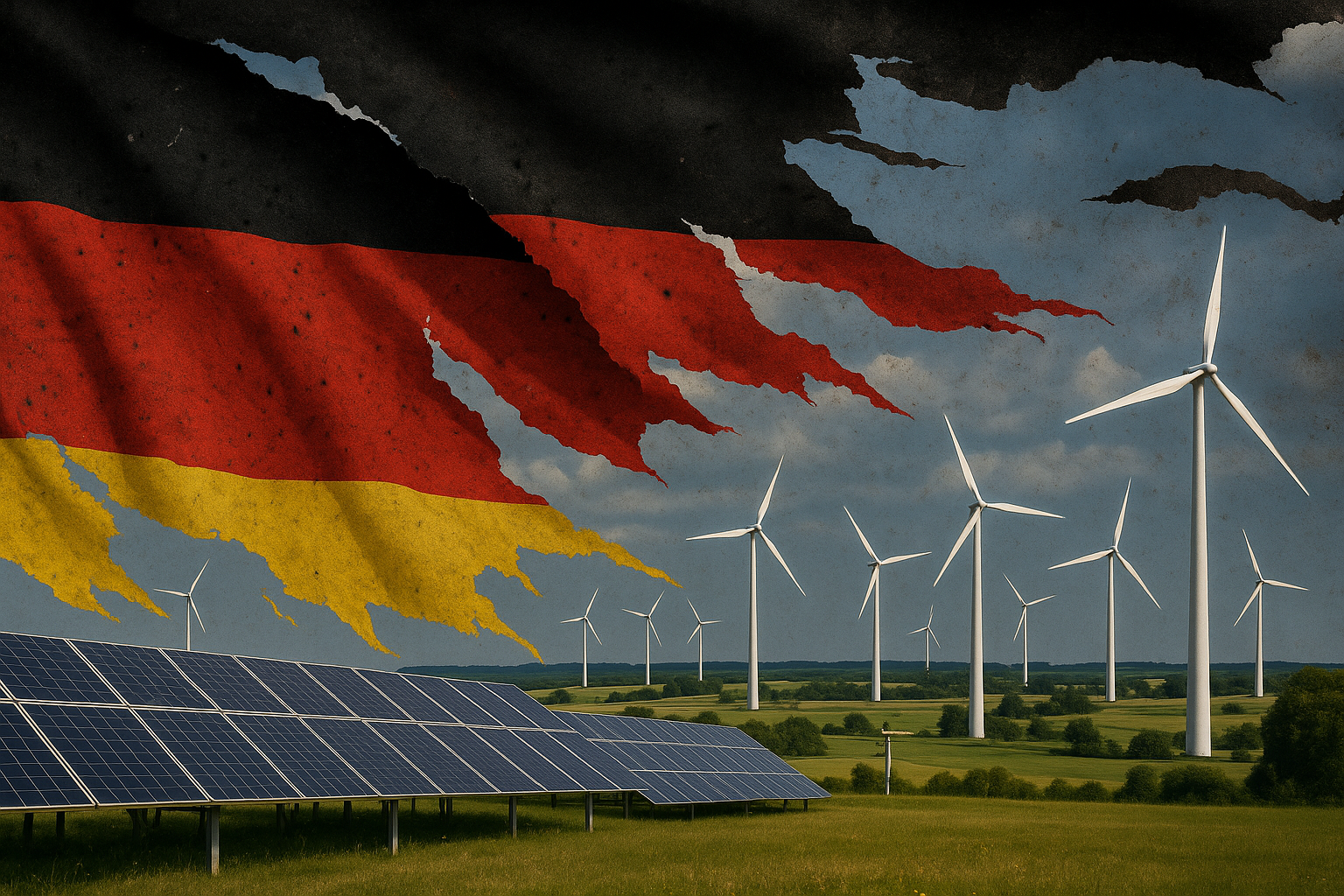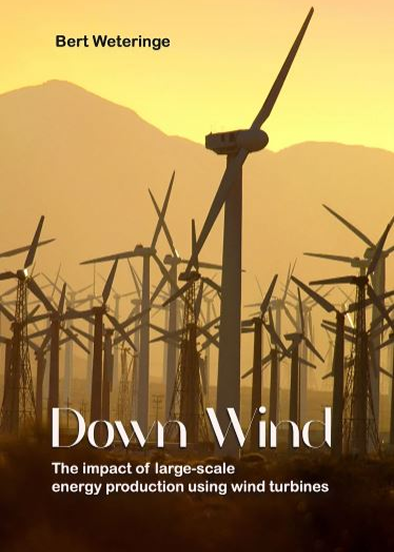Green Depression: German Companies Fight For Survival – Insolvencies Reach Peak In October!
With corporate bankruptcies surging to an October peak, German businesses are struggling to survive amid escalating energy costs and the pressures of the green transition.
BlackoutNews here reports that the German economy is currently battling massive turbulence as the latest figures on corporate insolvencies reached peaked in October 2025.
The German middle class, in particular, is increasingly coming under pressure amid the ongoing slump.
The wave of insolvencies is not hitting all sectors equally. Particularly hard hit: tranport, construction and restaurants and catering services.
In early August 2025, authorities reported 1,979 corporate insolvency applications, which corresponds to an increase of over twelve percent compared to the previous year. At the same time, creditor claims surged to a staggering €5.4 billion. Adding to the burden on society: With 6,132 consumer insolvencies, this figure is also rising significantly.
High energy prices
According to Blackout News, the reasons for this dramatic increase are multifaceted and reinforce each other. No.1 are the painfully high energy costs and rising raw material prices. Green energy has made energy among the most expensive in the world.
The economic woes has led to low domestic demand which particularly affects retail and service providers.
Crippling bureaucracy and slow approval procedures are also to blame as they hinder urgently needed investments.
Future looks bleak
Experts expect around 24,500 corporate failures for the entire year 2025, the highest value since 2015.
A rapid recovery is nowhere in sight. Allianz Trade has dampened expectations and forecasts a possible improvement starting only in 2027 at the earliest, contingent on state stimuli and geopolitical stabilization.
Without fundamental changes—such as investments in location attractiveness, a more stable energy supply, and tax simplification—the German economy faces a permanent loss of substance. The current development is an urgent wake-up call for politicians and businesses alike.
Germany serves as an example of how not to manage energy supply and economics in a country.
more news
Meteorologist Dr. Ryan Maue Warns “Germany Won’t Make It” If Winter Turns Severe
Meteorologist Dr. Ryan Maue warns at X that if the winter of 1962-1963 happened again with today’s Europeean energy system, then “Germany won’t make it”. The country has “exceptional energy shortfalls.”
Beyond the climate change consensus: historic meeting at the Hungarian Academy of Sciences
Report on the Beyond Climate Change event in Budapest (with video and presentations) on 8 December 2025 by László Csaba Szarka.
Climate Faithful Admit Need for Fossil Fuels
For years, critics of climate orthodoxy warned that a fossil-fuel-free future was an illusion. Now, even the world’s leading energy authorities are conceding what physics, economics, and reality have long made clear.






